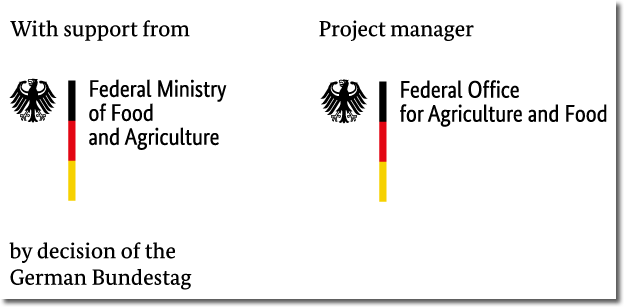
HISTORY
FoodSAMSA
FoodSAMSA builds on and expands previous and ongoing work of the investigators both in Germany and South Africa, including research on the food environment and policy responses to the increasing burden of diet-related non-communicable diseases. The work covers the entire spectrum from more proximal to distal drivers of dietary behavior, from food and nutrition knowledge and assessing the role of the formal and informal food environment to examining the role of commercial determinants of health and participation in global benchmarking of recommended nutrition policies and marketing exposure. Through this work extensive networks have been built with policymakers, civil society, and other stakeholders involved in food environment and policy research.
The networks include partnerships with the International Network for Food, Obesity and Non-communicable Diseases Research, Monitoring and Action Support (INFORMAS), the Policy Evaluation Network (PEN) (European research consortium focusing on food environment research), the Africa Food Environment Research Network (FERN) Initiative, and the Chronic Disease Initiative for Africa (CDIA), which focuses on non-communicable disease prevention and care in the sub-Saharan region. In addition, there is a long-standing cooperation between LMU Munich and CDIA as part of the Collaboration for Evidence-Based Healthcare and Public Health in Africa (CEBHA+), and regional networks have been established within this collaboration with partners from Ethiopia, Uganda, Rwanda, and Malawi.
LMU Munich also collaborates with the World Health Organization (WHO) in developing guidelines on food and beverage labeling, advertisement, and taxation, for which the LMU provides methodological support using a systems perspective. LMU is also involved in the global Cochrane network, including Cochrane Public Health and Cochrane Public Health Europe, and there is an ongoing partnership with MedBox, an online aid and development library. In South Africa, there is an excellent partnership with the National Research Foundation Centre of Excellence in Food Security hosted by the University of the Western Cape in collaboration with regional partners.
The common research agenda and partnerships led in 2019 to the submission of a proposal for funding by the German Federal Ministry for Food and Agriculture (BMEL) under a call for research on food environments and nutrition. The call focused on research collaborations between institutions in Germany and sub-Saharan Africa (or South and Southeast Asia) which focused on strengthening local food environments and dietary behavior, their drivers, and opportunities for transformation using a systems and practice-oriented approach. The submission was approved and after the development of a fully-fledged proposal culminated in the kick-off of FoodSAMSA in Dec 2021 and its resultant launch in March 2022.

